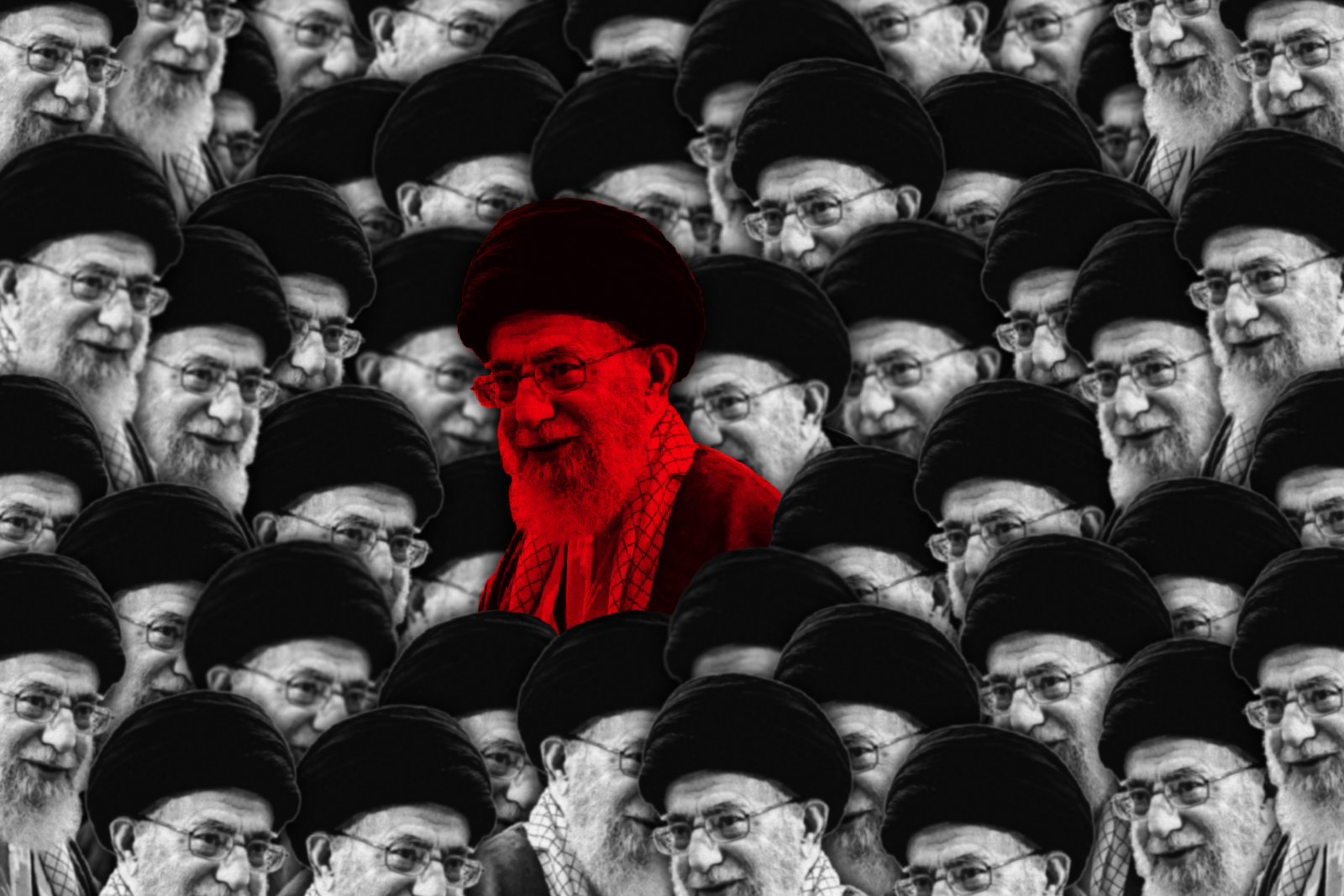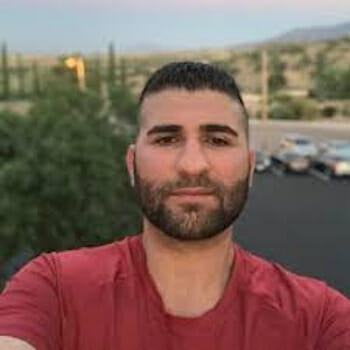
Erbil’s Strikes Expose Iran’s Weakness and Desperation
Since the Islamic Revolution in 1979, which deposed Mohammad Reza Pahlavi—a linchpin ally of the United States in the region—Iran’s contributions to the Middle East have been synonymous with terror. Ayatollah Ruhollah Khomeini, the progenitor of the Islamic Revolution, established the Islamic Revolutionary Guard Corps (IRGC) in May 1979, explicitly to protect the revolutionary ethos and to disseminate it across the Middle East. The IRGC has become Tehran’s most potent tool for oppression within Iran and a mastermind of death, terror, and devastation elsewhere. Moreover, Iran’s proxies perpetuate turmoil throughout the region, notably in Iraq, Syria, Lebanon, and Yemen. The Houthis in Yemen, officially known as Ansar Allah, have launched consistent attacks on commercial shipping in the Red Sea since November.
In an address in early January, Hassan Nasrallah, secretary-general of Hezbollah, extolled former Quds Force Commander Qassem Soleimani for his strategic brilliance in cultivating “resistance” groups that are self-reliant and independent in their operational capacities. Tehran has employed this network of proxies to extend its influence across the region and to engage its adversaries—primarily the United States and Israel—without incurring the costs of direct confrontation. Tehran is acutely aware that a head-on clash with Washington and Jerusalem would precipitate dire repercussions. Thus, it has strategically utilized Shi’a militias to perpetuate and expand its geopolitical interests in the region. These proxies also play a pivotal role in Iran’s military doctrine of “forward defense” or “offensive defense,” which, dating back to the early 1980s, focuses on combating Iran’s adversaries beyond its borders.
The January 15 strikes in Erbil, the capital of Iraqi Kurdistan, marks an aberration in Iran’s strategic playbook. In the aftermath of the Erbil explosions around 11:30 local time, Iranian state media swiftly attributed the strikes to the IRGC, claiming targets were an alleged Israeli intelligence hub in Erbil and Islamic State enclaves in Idlib, in northwestern Syria. Additionally, the IRGC declared its actions were in retaliation for “terrorist attacks” in the southeastern provinces of Kerman and Sistan va Baluchestan, and for Israel’s assassination of Iranian and resistance leaders.
Iraqi, Kurdish and US officials have condemned last night’s missile attacks by Iran’s IRCG forces on several locations in Erbil, the capital city of the autonomous Kurdistan region in northern Iraq ⬇ https://t.co/civvpy0sVZ
— The New Arab (@The_NewArab) January 16, 2024
The “terrorist attacks” refer to the Islamic State’s dual bombings on January 3, during the memorial events for Qassem Soleimani in Kerman Province, and to Jaish ul-Adl’s (Army of Justice) armed attack on a police station on December 14, resulting in the deaths of at least 12 security personnel. Jaish ul-Adl is a separatist Balochi group within Iran. Concerning the resistance leaders’ assassinations by the Israelis, the references include IRGC Brigadier General Sayyed Razi Mousavi, who was killed in December in Rif-Dimashq, Syria; Hamas senior leader Saleh al-Arouri, who was killed in early January in Beirut; and Hezbollah’s elite Radwan Forces’ Commander Wissam Tawil, who was killed on January 8 near the Israeli-Lebanese border.
Brigadier General Amir Ali Hajizadeh, commander of the IRGC’s Aerospace Force, reported that four Kheibar Shekan (Fortress Breaker) missiles were launched from Khuzestan Province targeting terrorist strongholds in Idlib, and a total of 11 missiles were fired from Kermanshah and West Azerbaijan provinces aiming at sites in Erbil. The missile attack in Erbil specifically targeted the residence of a prominent Kurdish businessman, Peshraw Dizayee, who served as the CEO of Empire World, a real estate development company. Tehran contends that it eliminated Dizayee and his family because of his alleged association with the Israeli external intelligence agency, Mossad, yet Tehran has not furnished any proof of Dizayee’s ties to the Israeli government.
The response from the Iraqi central government as well as the Kurdistan Regional Government (KRG) has been bold and politically courageous. The Iraqi government has withdrawn its ambassador to Tehran and summoned Iran’s ambassador to Baghdad to protest the strikes. Various Iraqi and Kurdish leaders, including Prime Minister Masrour Barzani, have condemned the strikes as a breach of their nation’s sovereignty and have firmly dismissed Tehran’s claim that the targeted area was an Israeli spy operation. The Kurdistan Region Security Council has emphasized that Erbil is a “stable region and has never been a threat to any party. This [attack] is a blatant violation of the sovereignty of the Kurdistan Region and Iraq, and the federal government and the international community must not remain silent regarding this crime.”
The strikes in Erbil occur as Iran faces a critical crossroads. Supreme Leader Ali Khamenei is 84 years old and reportedly in failing health. The Iranian power elite are already grappling with the challenge of identifying a successor. It seems redundant to even mention the Iranian economy; it is common knowledge that it has languished under severe U.S. and Western economic sanctions for decades. Yet, the IRGC, which commands a significant portion of the economy, has innovated methods to mitigate these sanctions’ effects. The impending crisis surrounding Khamenei’s succession will likely be a defining moment in the subsequent chapter of Iranian history. It is plausible that the IRGC will assume control of the government and rule through a figurehead president. Whether the Iranian Army, or Artesh, will accept such an arrangement is yet to be determined.
Iran is destined to remain an outcast in the region. Its sale of drones to Russia for use in its aggressive war in Ukraine has finally persuaded the Europeans that Tehran is not a dependable state and has little regard for international norms. Its unwavering support for militant and militia groups in the region has further entrenched the perception that Tehran—under its present leadership—will not alter its course for the better. Only a radical transformation of the government, brought about by the Iranian people, can revive hope for the country and its prospects. The Erbil strikes have laid bare Iran’s genuine motives and its sinister agenda and activities in the region.

